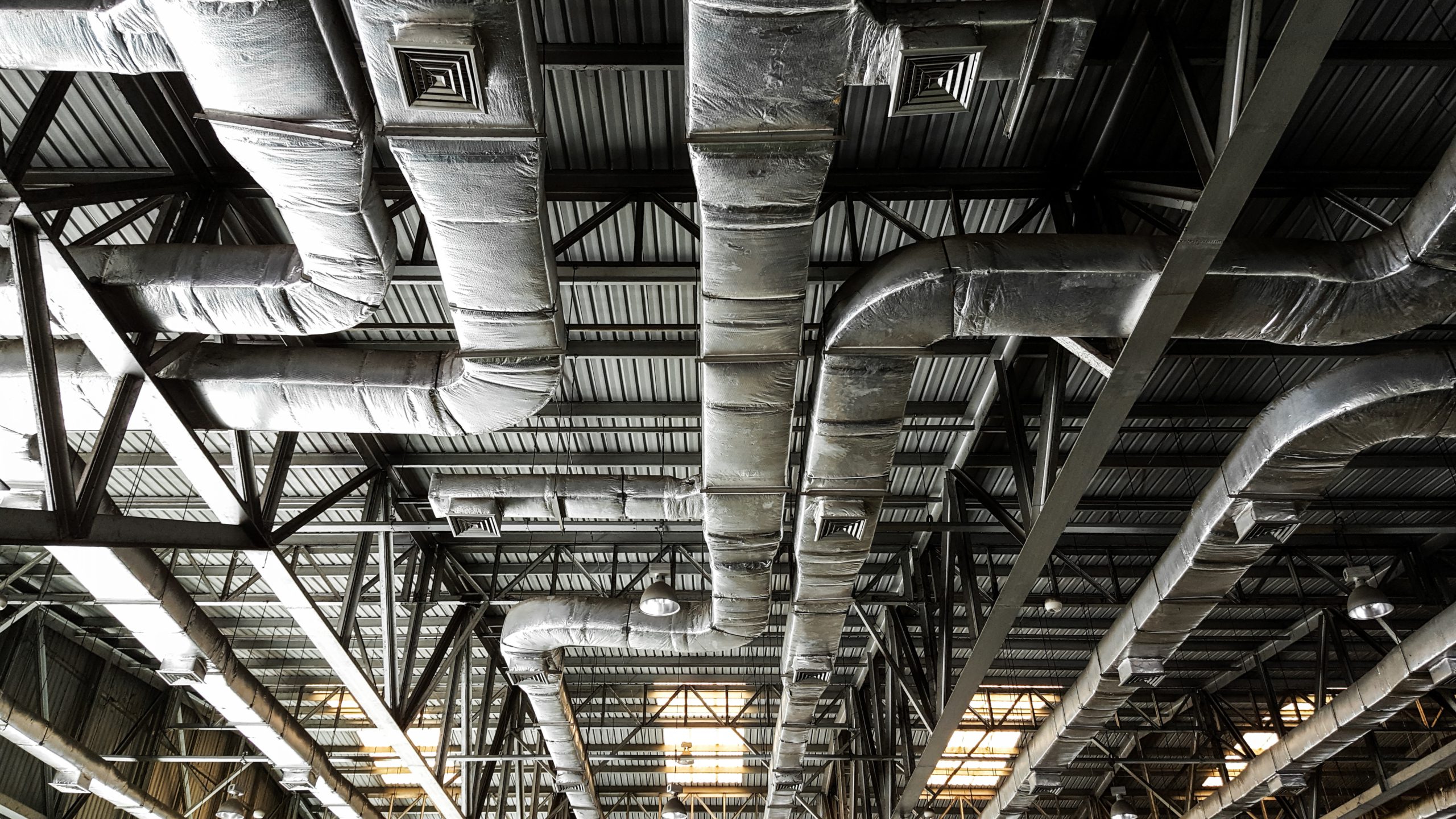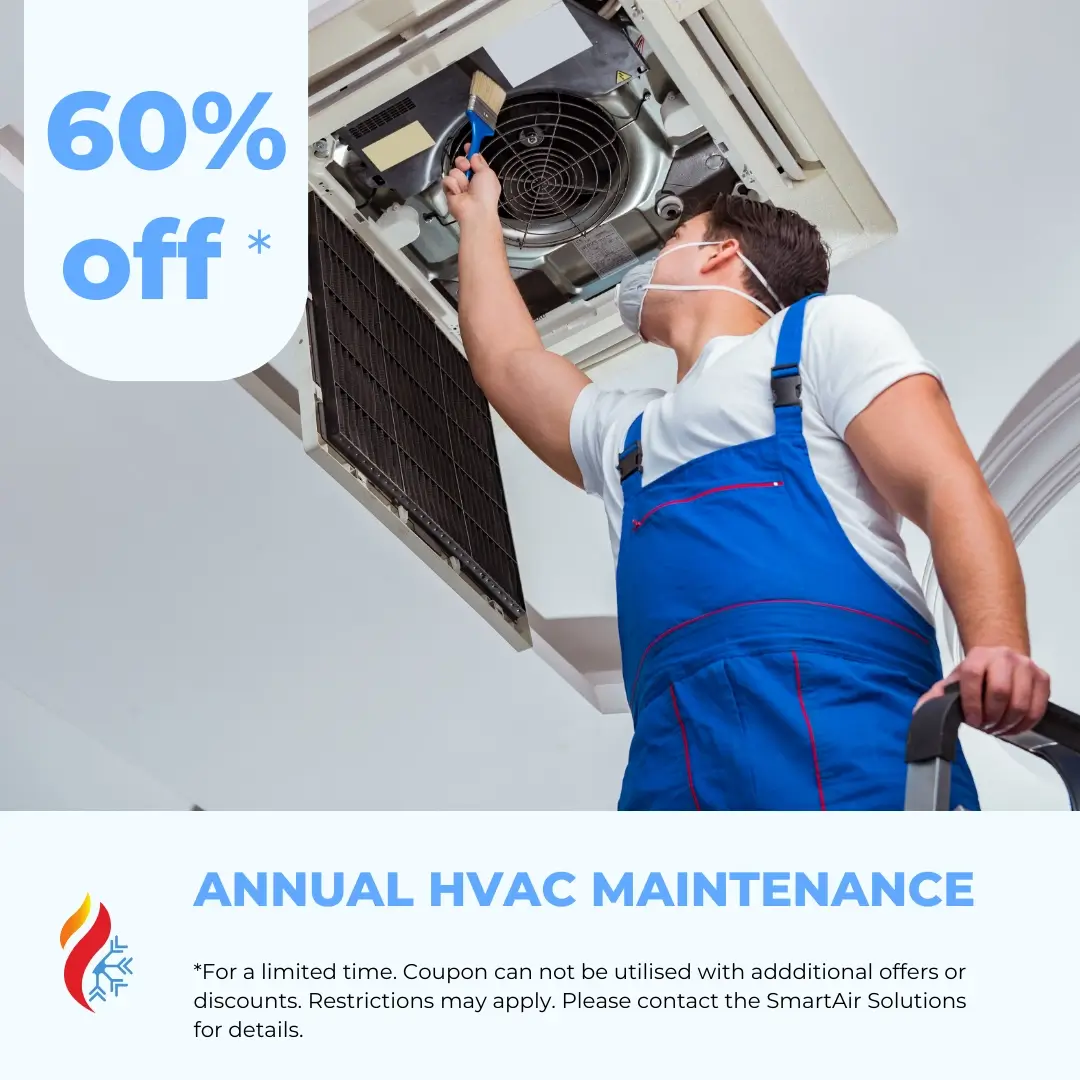An In-Depth Take A Look At Heating And Cooling Providers and Their Effect On Energy Effectiveness and Price Savings
With technological advancements like wise thermostats and high-efficiency elements, the capacity for optimizing system efficiency is large. As we discover the complex relationship in between A/c systems and functional costs, consisting of the change in the direction of ecologically friendly choices, the concern arises: how can these methods be efficiently implemented to maximize both environmental and financial benefits?

Importance of A/c Solutions
cooling and heating systems are a crucial part of modern structures, playing a vital role in preserving comfy and healthy indoor environments. These systems, encompassing air flow, home heating, and air conditioning, are vital for controling temperature level, humidity, and air quality, therefore ensuring the well-being of owners. Effective cooling and heating systems contribute significantly to creating an optimal indoor climate, which is critical for both business and residential areas.
In business structures, a/c systems are essential to offering a effective and safe atmosphere. By managing indoor environment conditions, these systems help protect against the development of mold and the spread of airborne contaminants, hence securing the health and wellness of workers and clients. Furthermore, in domestic setups, a/c systems enhance living conditions by using consistent thermal convenience and enhancing indoor air quality, which is essential for general health and wellness.
Moreover, the design and maintenance of HVAC systems have a straight influence on power consumption and operational costs. Correctly developed and kept systems can dramatically lower energy usage, causing decreased energy costs and a smaller sized carbon impact. The effectiveness of these systems therefore plays a crucial function in promoting sustainability and power preservation within structures, highlighting their value in the modern-day building landscape.
Advances in Heating And Cooling Innovation
Development in HVAC technology is changing the way structures take care of indoor climates, introducing a new era of performance and control. Recent innovations have actually concentrated on enhancing power consumption while improving customer convenience. One significant advancement is the combination of wise thermostats, which use artificial intelligence to learn tenancy patterns and adjust temperatures accordingly, decreasing unnecessary power use.
Variable Cooling Agent Flow (VRF) systems stand for one more considerable leap onward. These systems permit for accurate temperature control in different areas of a building, improving comfort and lowering energy waste. VRF technology is specifically beneficial for huge industrial rooms, offering flexibility and scalability.
Furthermore, the introduction of Internet of Points (IoT) devices has actually transformed heating and cooling systems into interconnected networks efficient in real-time information collection and analysis. This connectivity makes it possible for anticipating maintenance, making sure systems operate at peak effectiveness and decreasing unanticipated downtime.
Moreover, advancements in materials and layout, such as making use of high-efficiency coils and compressors, have actually improved total system performance - Heating Contractor. The fostering of eco-friendly cooling agents also highlights the sector's commitment to sustainability
These technical innovations are essential in lowering functional prices and environmental impact, establishing new standards for developing environment management.
A/c Upkeep and Efficiency
Making sure optimum performance of HVAC systems extends past technical advancements; it likewise rests on effective maintenance methods. Regular upkeep is crucial for sustaining efficiency, minimizing power consumption, and extending the life visit the website span of a/c systems. The key objective is to make sure that all components operate at their peak potential, thereby reducing energy waste and preserving consistent indoor comfort levels.
Routine upkeep jobs, such as cleansing or changing air filters, inspecting refrigerant levels, and checking ductwork for leaks, are important for preventing unnecessary strain on the system. Unclean or clogged up filters can obstruct air movement, triggering the system to work harder and eat more power. Similarly, insufficient refrigerant degrees can decrease cooling down effectiveness, resulting in higher operational expenses.
Additionally, routine assessments by qualified specialists can determine possible problems before they intensify into expensive repair work or system failings. These evaluations often consist click this site of checking electric connections, adjusting thermostats, and guaranteeing the overall honesty of the a/c system. By attending to minor issues early, home owners and companies can stay clear of unexpected malfunctions and enhance energy performance.
Cost-Effective A/c Solutions
For those looking to obtain one of the most out of their heating, ventilation, and air conditioning systems without breaking the financial institution, exploring economical HVAC options can make a substantial difference. One instant action is to invest in programmable thermostats, which allow individuals to establish details temperatures for various times of the day, maximizing energy use and lowering unnecessary consumption. By automating temperature level adjustments, home owners can accomplish substantial financial savings on energy expenses.
Regular maintenance is one more crucial component of cost-effective HVAC monitoring. Making certain that filters are cleansed or replaced frequently, ductwork is sealed, and devices are serviced by specialists can stop expensive repairs and boost system durability. Preventive upkeep not just maintains system performance however also assists in avoiding unanticipated malfunctions that can result in pricey emergency fixings.
Furthermore, retrofitting existing systems with energy-efficient check my source parts, such as variable speed motors or high-efficiency compressors, can be a sensible financial investment. These upgrades improve functional efficiency, lower energy use, and can commonly be carried out at a fraction of the expense of a full system substitute.
Ecological Impact Decrease
Decreasing the ecological impact of cooling and heating systems is important in today's pursuit of sustainable living. Cooling and heating systems are considerable factors to power consumption, representing virtually 40% of energy use in business structures. This energy demand usually counts on fossil gas, leading to greenhouse gas discharges and ecological degradation. Transitioning to a lot more reliable systems, such as those using renewable energy resources, can significantly mitigate these influences.
Technological innovations in HVAC design and operation, consisting of the assimilation of wise thermostats and energy-efficient heatpump, are critical in minimizing carbon footprints. These developments permit maximized power usage, reducing waste and improving overall system efficiency. In addition, taking on regular upkeep techniques makes certain a/c systems run at peak efficiency, additional reducing unneeded power consumption.
Furthermore, using ecologically friendly cooling agents is important, as conventional cooling agents, like CFCs and HCFCs, have actually been phased out as a result of their ozone-depleting residential or commercial properties. Modern alternatives, such as hydrofluoroolefins (HFOs), deal decreased ecological threats, lining up with global ecological procedures. By embracing these lasting methods, a/c services can play a transformative duty in lowering ecological influences, promoting power efficiency, and promoting a more lasting future.
Final Thought

Moreover, the design and maintenance of Cooling and heating systems have a direct effect on power consumption and operational costs. Routine upkeep is important for maintaining performance, decreasing energy usage, and expanding the life period of Cooling and heating systems. Cooling and heating systems are substantial factors to power intake, accounting for virtually 40% of power use in industrial buildings. Additionally, adopting routine upkeep techniques makes certain Cooling and heating systems run at peak performance, additional cutting unnecessary energy consumption.
The transition to environmentally friendly Heating and cooling systems even more promotes and decreases operational costs sustainability. (Heating Contractor)